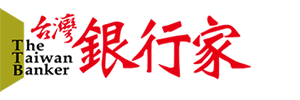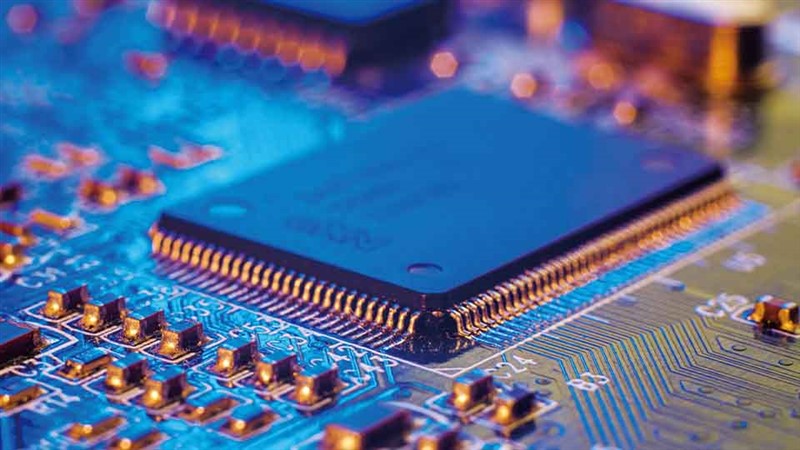2023.09 The Taiwan Banker NO.165 / By Alicia Garcia Herrero
Taiwan's economy held back by a longer than expected destocking cycleBanker's Digest
Although Taiwan has averted another quarter of recession with a cyclical rebound in consumption, the stresses from weak global demand are apparent. As an indispensable part of electronics and semiconductor supply chains, Taiwan’s macro performance shows how these sectors are performing globally, which essentially means the poor short-term outlook. Taiwan's main problem is the very long destocking cycle due to excessive inventories stemming from sluggish global demand. The lack of supply was the key problem after the COVID outbreak as manufacturers rushed to keep more inventories to ensure they could produce. The irony is that the rush to secure access to chips has ended up into excessive stockage at a time when the demand was decelerating, especially with high interest rates. The story sounds simple, but it is hard to measure. To that end, we have developed the Natixis Asia Electronics Inventory Stress Indicator, tracking the difference between shipment and inventory growth in Taiwan, Japan and South Korea. This indicator points to the latest destocking cycle having started as early as March 2022. Although there was an improvement in the third quarter of last year, the situation has deteriorated again recently. This is somewhat surprising since destocking cycles do not tend to last so long. In fact, the current cycle in which companies run down their electronic/semiconductor inventories is the longest since 2000, with already 15 months of destocking until May 2023. The fact that the Chinese economy is not recovering as expected after three years of pandemic is one of the reasons why the demand for electronics/chips is not come back and the stocking cycle continues. This is happening against the backdrop of a decelerating US and EU economies. Among different markets, South Korea faces the most extensive pressure in destocking, which is reflected in the bigger decline in semiconductor exports of 33% in July 2023, year-on-year, versus 12% in Taiwan and Japan. This can be attributed to the stronger presence of memory chips by South Korean chipmakers and the fact that memory chips are suffering from a huge downturn in a demand as reflected in falling DRAM and NAND prices. It is quite ironic that it is the external demand, which that supported the Taiwanese economy during the pandemic, is the one that is suffering the most in the current post-pandemic world. Furthermore, when we look at Taiwan’s competitiveness, the NTD was at its peak when Taiwan was exporting massively during Covid while its relative weakness today is not enough to mitigate the weak external demand and the de-stockage in the electronics sector. On the contrary, the weak NTD has brought inflationary pressures, carving out Taiwanese households’ disposable income. The recent additional weakness of the RMB will put additional pressure on the NTD, which can potentially create a vicious circle. This is all the more so since the interest rate differential between the FED and the Central Bank of Taiwan remains very elevated. All in all, one should expect the Taiwanese economy to grow less than last year given the much longer than expected destocking of the key sector for the economy, namely the electronics and semiconductors. In addition, consumption cannot become the spare wheel of the Taiwanese economy as a weaker NTD, especially when compared with 2021, and related inflation from more expensive import prices are harming households’ purchasing power. This is even more true for many other manufacturers in Asia, such as South Korea. Down the road, China’s outlook holds the key when trying to estimate how long this situation will last. If the Chinese economy continues to decelerate, it seems highly unlikely that the semiconductor cycle will recover any time soon and with that that the Taiwanese economy leaves the current impasse behind.


